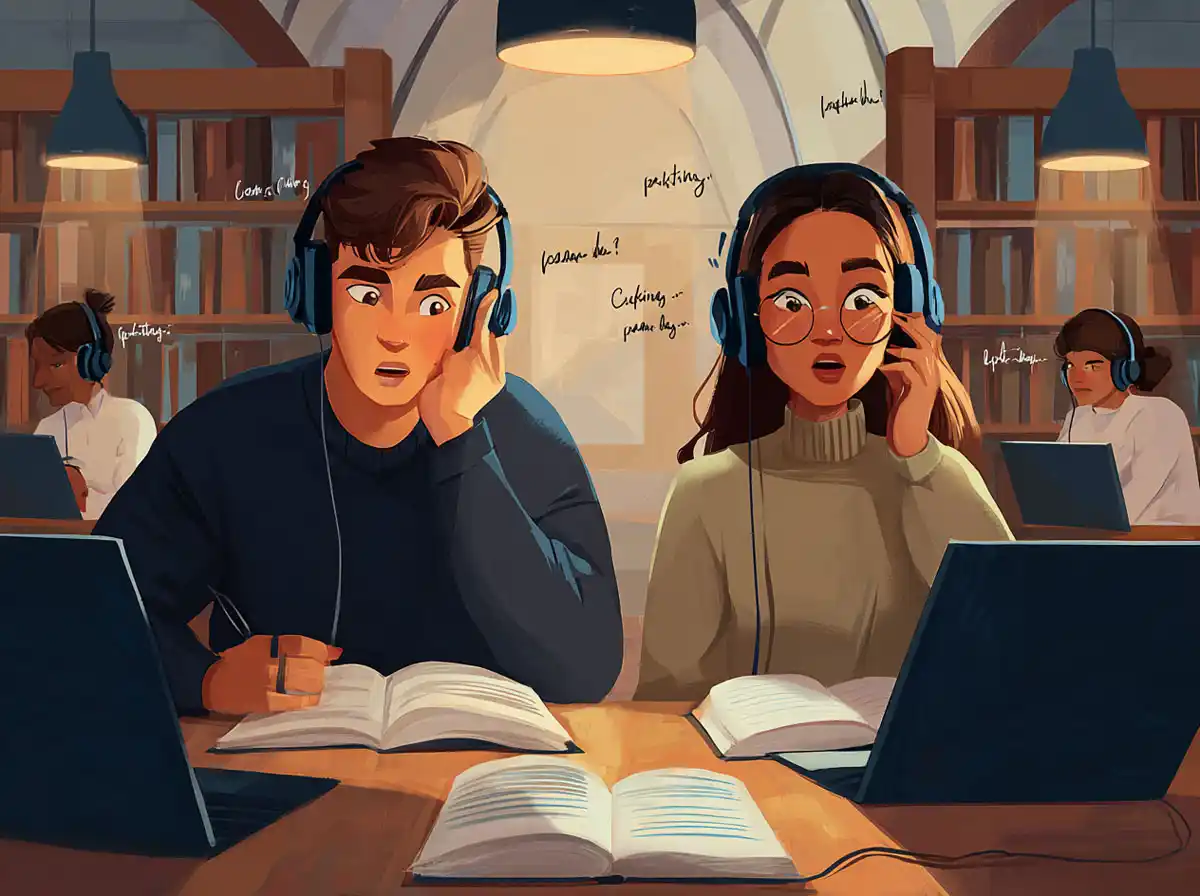Молодежь (molodezh’) – Youth
The word молодежь refers to the youth or young people collectively. It is a singular, feminine noun but is used to describe a group. The term is often employed to discuss social issues, trends, and activities related to younger generations.
молодежь – youth, young people
В этом городе молодежь активно участвует в общественной жизни.
In this sentence, молодежь refers to the collective group of young people who are actively participating in community life.
Related Vocabulary
молодой – young
Он очень молодой и полный энергии.
молодость – youth, the state of being young
В молодости он много путешествовал.
подросток – teenager
Подростки часто ищут свой путь в жизни.
студент – student (typically used for university students)
Каждый студент должен сдать экзамены в конце семестра.
школьник – schoolchild
Школьники готовятся к выпускным экзаменам.
Лица (litsa) – Faces
On the other hand, лица is the plural form of лицо, which means face. It can also be used to refer to people, especially in official or formal contexts. This term is more neutral and less specific to age, although it can sometimes imply a certain level of formality or detachment.
лицо – face, person
На фотографии было много знакомых лиц.
In this sentence, лиц refers to many familiar faces or people in the photograph.
Related Vocabulary
человек – person, human
Каждый человек имеет право на свободу слова.
гражданин – citizen
Каждый гражданин должен соблюдать законы своей страны.
персона – person, individual (often used in formal contexts)
Эта персона пользуется большим уважением в обществе.
персонал – staff, personnel
Весь персонал компании был приглашен на корпоративный вечер.
индивид – individual
Каждый индивид уникален по-своему.
Usage Differences and Contextual Nuances
Social and Cultural Context
The word молодежь is often used in discussions about social and cultural issues affecting young people. For example, you might see it in news articles, research papers, or discussions about education and employment.
молодежная культура – youth culture
Молодежная культура всегда находится в процессе изменения.
молодежное движение – youth movement
Молодежные движения могут оказывать сильное влияние на общество.
In contrast, лица is more likely to be used in legal, formal, or bureaucratic contexts. For example, it might appear in official documents, legal texts, or formal reports.
юридические лица – legal entities
Все юридические лица должны зарегистрироваться в налоговой службе.
официальные лица – officials
Официальные лица приняли участие в церемонии открытия.
Emotional and Descriptive Uses
While молодежь often carries a positive or neutral connotation, focusing on the vibrancy and potential of young people, лица tends to be more neutral and descriptive.
For example, when talking about a group of young people at a festival, you might use молодежь to emphasize their youth and energy.
Молодежь на фестивале была полна энтузиазма.
However, if you were describing attendees at a formal event, using лица would be more appropriate.
На конференции присутствовали лица из разных стран.
Common Expressions and Phrases
Here are some common phrases and expressions that include these words:
молодежная политика – youth policy
Правительство разрабатывает новую молодежную политику.
молодежное объединение – youth association
Молодежные объединения играют важную роль в социальной жизни.
частное лицо – private individual
Как частное лицо, он не имеет права принимать такие решения.
должностное лицо – official, officeholder
Должностные лица обязаны соблюдать правила.
Practical Applications
In Conversation
When speaking with native Russian speakers, using the correct term can help you sound more fluent and knowledgeable. If you are talking about your experience at a youth camp, you would use молодежь.
На молодежном лагере мы узнали много нового.
If you are discussing a formal meeting or event, лица might be more suitable.
На встрече присутствовали лица из разных компаний.
In Writing
In written Russian, especially in formal or official documents, choosing the appropriate word is essential for clarity and accuracy. For instance, in a report about a youth program, молодежь would be the right term.
Программа была разработана для поддержки молодежи в трудоустройстве.
In a legal document, you might use лица to refer to individuals or entities involved.
Все лица, участвующие в процессе, должны подписать договор.
Conclusion
Understanding the nuances between молодежь and лица is a vital part of mastering Russian. While both words can refer to groups of people, their contexts and connotations vary significantly. молодежь focuses on youth and is often used in social and cultural discussions, whereas лица is more formal and descriptive, suitable for official and legal contexts. By paying attention to these differences, you can improve your fluency and precision in Russian, making your conversations and written communications more effective.
Keep practicing these terms in various contexts to get a better feel for their usage. And don’t forget to explore related vocabulary to expand your understanding even further. Happy learning!










